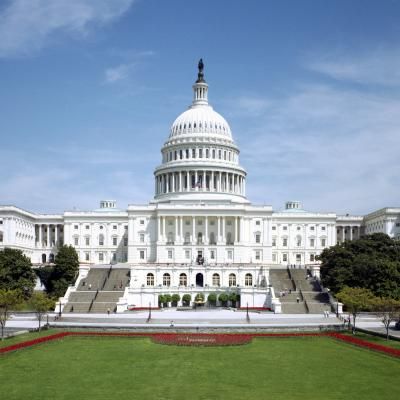The price of bitcoin responded very positively to the prospect of a Trump presidency in November, ticking up 3.4 percent after it became clear that he would be the next president. Analysts believe that this could be due to bitcoin acting as a hedge in times of trouble.
The Danish investment bank Saxo Bank notes that Trump’s administrative plan to go on “a fiscal spending binge” would result in another world economic meltdown. In response, the bank predicts an increasing interest in Bitcoin, as investors look for safehaven assets. The price of a bitcoin may well triple, to US$2,100 in 2017 Saxo predicted recently.
“Cryptocurrencies are here to stay given the history of booms and busts in fiat money and debt excesses. Bitcoin as the face of cryptocurrencies benefits from this chaos.” – Saxo Bank
Alongside the macro economic factors that the appointment of Trump may instigate, the president elect also has three prominent Bitcoin advocates within his reach. Republican South Carolina Representative Mick Mulvaney was one of Trump’s first appointments, selected to run the nation’s budget as director of the Office of Management and Budget.
Trump picked Mulvaney, who is known on Capitol Hill for his aggressive spending cuts, because the President-Elect believes “He’s a tremendous talent, especially when it comes to numbers and budgets.”
In September 2016, the US Congressman became well known to Bitcoiners when he launched a caucus on bitcoin, while working with Jerry Brito’s Coin Center. The collaborators attempted to help guide US legislation for cryptocurrencies toward open innovation.
Brito has been working closely with Representatives Mulvaney and Polis since 2014, attempting to “promote a regulatory climate that preserves the freedom to innovate using permissionless blockchain technologies,” according to the Coin Center website.
A year later, Mulvaney questioned Janet Yellen about her official stance on cryptocurrencies at a congressional hearing, putting the Federal Reserve director on the spot. While stating for the record that the Fed has no authority over bitcoin, she also said “we do not interpret bitcoin’s popularity as having relationship with the public’s view on the Federal Reserve’s conduct of monetary policy.”
Mulvaney then gave a speech to the far-right-wing John Birch Society, where he deeply criticized the Federal Reserve, accusing them of having “effectively devalued the dollar,” and having “choke[d] off economic growth.” In the same speech he praised bitcoin as an alternative money that is “not manipulatable by any government.”
“Blockchain technology has the potential to revolutionize the financial services industry, the U.S. economy and the delivery of government services, and I am proud to be involved with this initiative.” – Mick Mulvaney, U.S. Representative.
oon after Trump’s win in November, Peter Thiel was asked to join Trump’s transition team as the “science and technology advisor.” Thiel is best known for co-founding Paypal, alongside Elon Musk, and also happens to be an early investor in Bitcoin.
In May 2013, Peter Thiel’s Venture Capital group, the Founders Fund, lead a fundraising round of $2 million for bitcoin merchant services firm BitPay. He is also an investor in Balaji Srinivasan’s Bitcoin tech company 21 inc.
At a recent gathering hosted by the Economist, Thiel said “PayPal had these goals of creating a new currency. We failed at that, and we just created a new payment system. I think Bitcoin has succeeded on the level of a new currency, but the payment system is somewhat lacking. It’s very hard to use, and that’s probably the big challenge that exists on the Bitcoin side.”
While it appears that Thiel may run for Governor of California, he suggested that 21 inc. CEO Balaji Srinivasan could lead the Food and Drug Administration (FDA). Srinivasan met with Trump last week, and is one of two candidates for the role.
Srinivasan has been an outspoken opponent of the FDA. After graduating from the Stanford University School of Medicine, he co-founded the bio-tech firm Counsyl in 2008, which specializes in DNA and pregnancy tests for chromosome-related birth defects. The entrepreneur has said that the agency interferes with innovation in the industry.
Alongside his current position at 21 inc. he teaches the world’s most popular massive open online course about bitcoin; the Stanford Coursera bitcoin engineering course. Srinivasan also happens to be a board member of Coin Center, and may well have worked with Senator Mulvaney in the past, while Thiel serves on the board of directors at 21.co.
Source: http://bravenewcoin.com/news/bitcoin-may-have-friends-in-high-places-following-trump-inauguration/







